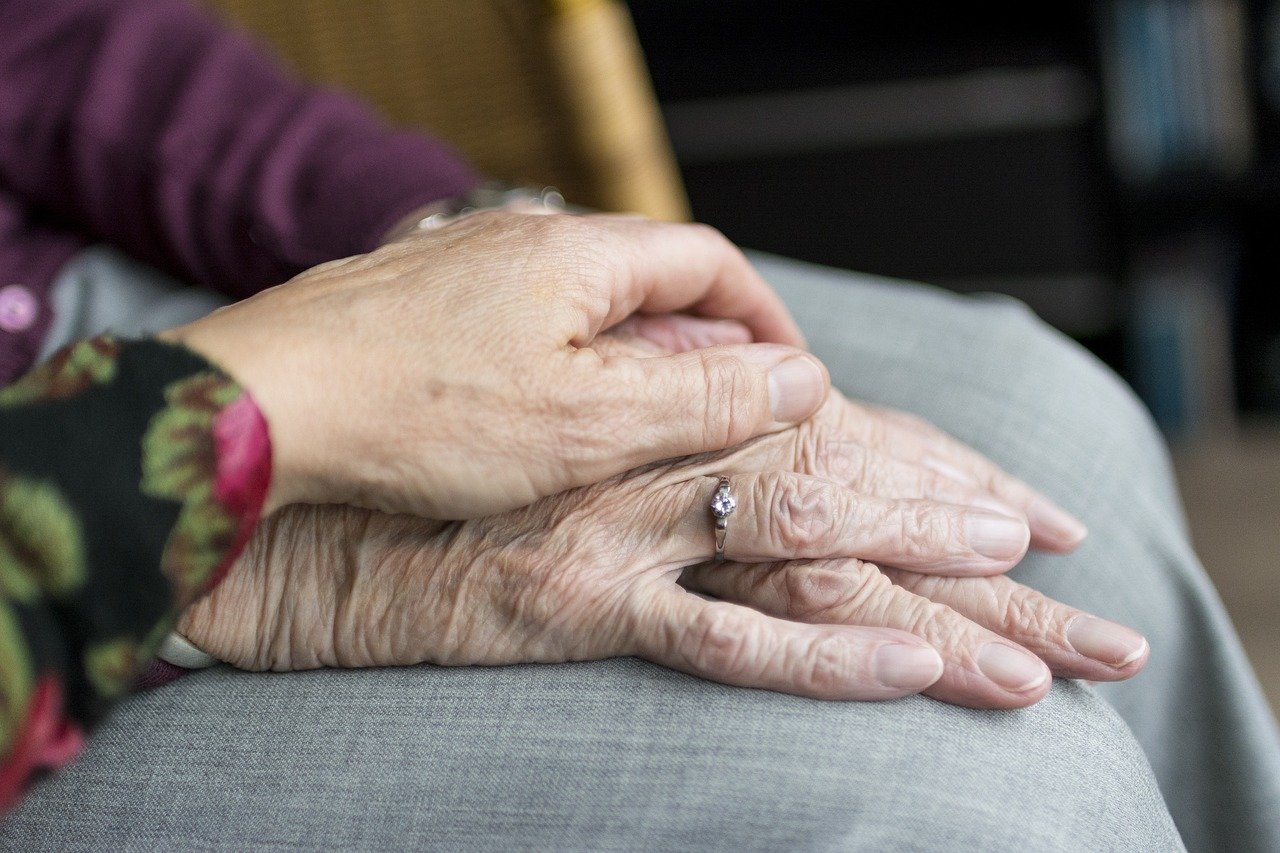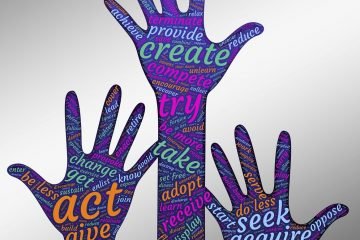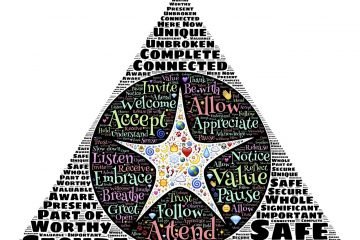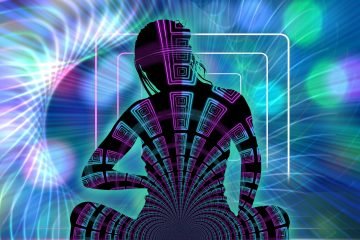Click below to listen to this article:
Vulnerability
Vulnerability is often seen as a sign of weakness or fragility, but it can also be a catalyst for self-transcendence. self-transcendence is the ability to go beyond one’s ego and connect with something greater than oneself, such as a higher purpose, a universal value, or a spiritual reality. Vulnerability can facilitate self-transcendence by creating an opportunity for growth, learning, and transformation.
When we are vulnerable, we expose ourselves to the possibility of being hurt, rejected, or criticized by others or by ourselves. This can be scary and uncomfortable, but it can also open us up to new experiences, perspectives, and insights that can challenge our assumptions and expand our horizons. Vulnerability can help us to recognize our limitations and imperfections, and to accept them with compassion and humility. It can also help us to appreciate our strengths and potentials, and to cultivate them with courage and confidence.
Vulnerability and connection
Vulnerability can also foster a sense of connection and belonging with others who share our struggles and aspirations. It can help us to empathize with their feelings and needs, and to offer them support and kindness. It can also help us to receive their feedback and guidance, and to appreciate their contributions and gifts. Vulnerability can create a space for mutual trust and respect, where we can express ourselves authentically and listen attentively. It can also create a space for collaboration and creativity, where we can co-create solutions and innovations that benefit the common good.
Often, vulnerability is associated with existential crisis. Which is often caused when our self-concept and ideal-self are significantly out of alignment. This causes distress, and it can cause the individual to reject who it is they think they are. This article explains how this can lead to transcendence.
Vulnerability can thus be a catalyst for self-transcendence by enabling us to transcend our fears and insecurities, our biases and prejudices, and our self-centredness and isolation. It can help us to embrace our wholeness and uniqueness, our diversity and interdependence, and our purpose and meaning. It can help us to align ourselves with values and principles that are larger than ourselves, such as love, justice, or peace. Furthermore, it can help us to access a source of inspiration and wisdom that is deeper than ourselves, such as intuition or faith. By being vulnerable, we can become more fully human and more fully alive.
Transcendence and vulnerability examples
Here are some examples of how vulnerable people have transcended their challenges and achieved their goals.
- Malala Yousafzai was a young girl from Pakistan who advocated for girls’ education in a region where the Taliban banned it. She survived a gunshot to the head by a Taliban gunman in 2012 and went on to become the youngest Nobel Peace Prize laureate in history. She continues to fight for the rights of girls and women around the world through her foundation and activism.
- Oprah Winfrey was born into poverty and faced abuse, racism, and discrimination as a child and young woman. She pursued her passion for media and became one of the most influential and successful talk show hosts, producers, and philanthropists in the world. She has used her platform to empower millions of people with her inspiring stories, interviews, and initiatives.
- Stephen Hawking was a brilliant physicist who was diagnosed with amyotrophic lateral sclerosis (ALS) at the age of 21. He was given only a few years to live, but he defied the odds and lived until the age of 76. He made groundbreaking contributions to the fields of cosmology, quantum mechanics, and black holes. Likewise, he also wrote several popular books and gave lectures that made science accessible and fascinating to the public.
- Maya Angelou was a poet, writer, and civil rights activist who endured trauma, violence, and racism in her early life. She overcame her struggles with courage and creativity and became one of the most celebrated and influential voices of her generation. She wrote numerous books, poems, and essays that expressed her wisdom, compassion, and hope for humanity.
- Nelson Mandela was a leader of the anti-apartheid movement in South Africa who spent 27 years in prison for his political activities. He emerged from prison as a symbol of peace and reconciliation and became the first democratically elected president of South Africa. He dedicated his life to promoting democracy, human rights, and social justice around the world.
Further reading
Here are some links for further reading:
self-transcendence: A salutogenic Process for Well-Being – National Library of Medicine
self-transcendence Theory and Contemplative Practices – National Library of Medicine





0 Comments